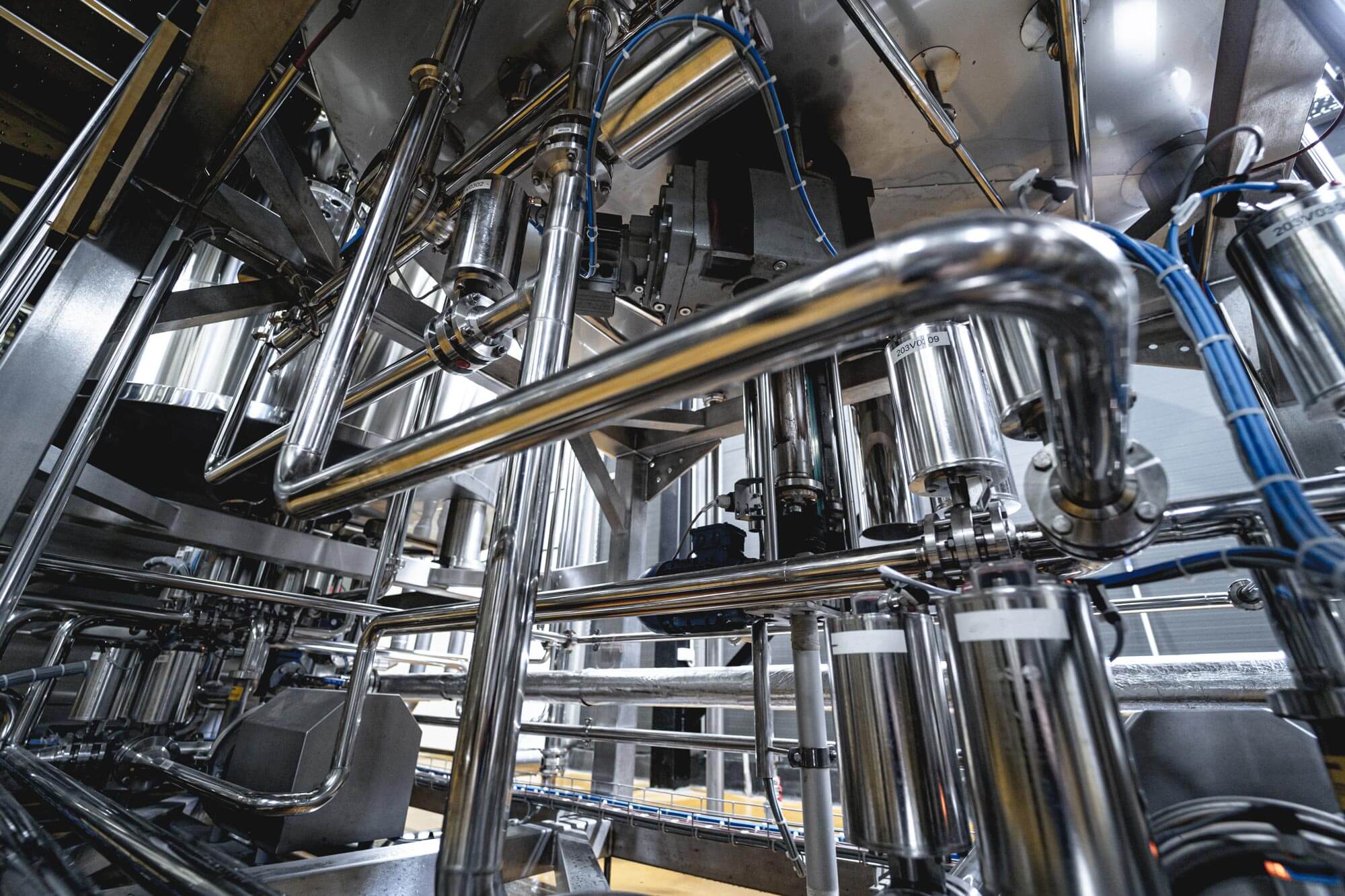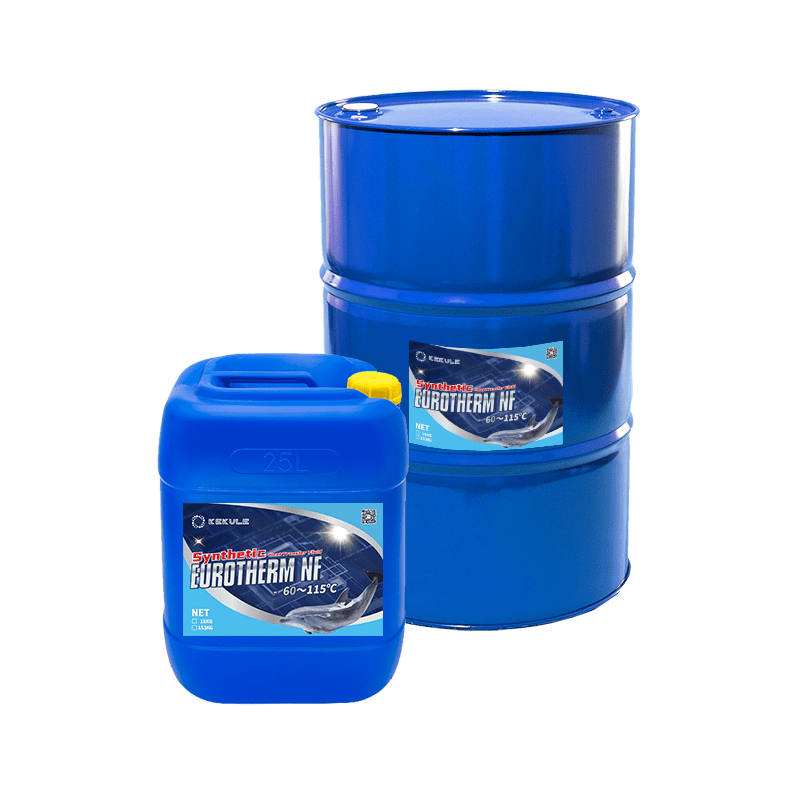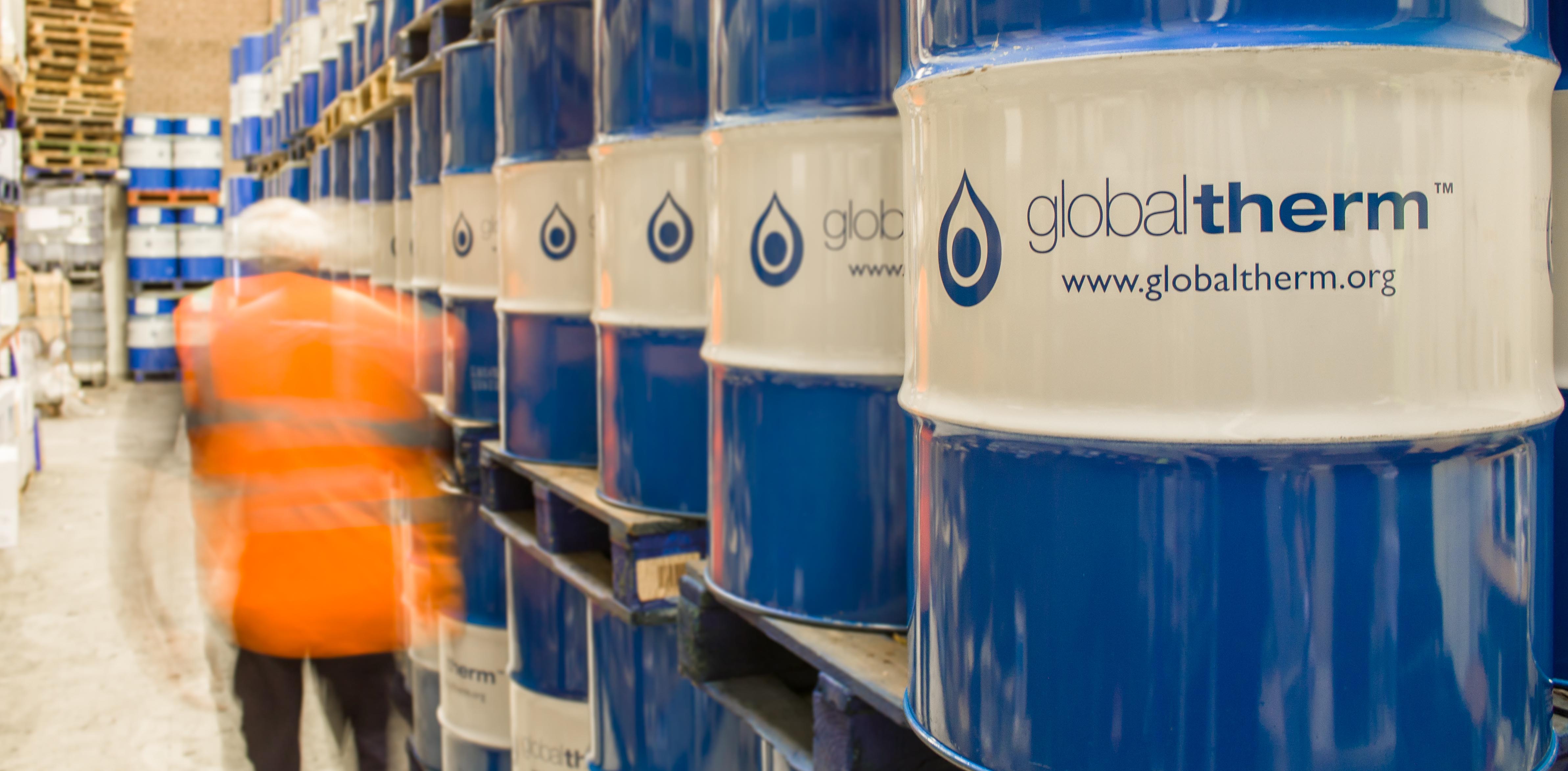The Value of Thermal Security in Heat Transfer Fluid Choice
The Value of Thermal Security in Heat Transfer Fluid Choice
Blog Article
How Heat Transfer Fluid Adds to Sustainable and Affordable Operations
In the modern commercial landscape, the role of warmth transfer liquids (HTFs) in promoting sustainable and inexpensive operations can not be overemphasized. These liquids are essential in optimizing thermal administration systems, thus considerably enhancing energy effectiveness and decreasing functional costs. heat transfer fluid. The environmental advantages of sophisticated HTFs, with their high thermal security and low poisoning, are undeniable.
Comprehending Warmth Transfer Liquids
In the world of thermal administration, warm transfer liquids (HTFs) serve as crucial representatives for transferring thermal energy from one location to one more. These fluids play a pivotal function in numerous commercial applications, including chemical processing, power generation, and Cooling and heating systems.
The structure of warmth transfer fluids can differ substantially, including alternatives such as mineral oils, artificial oils, glycols, and molten salts. Each type offers distinctive benefits, such as improved thermal security, low viscosity, and high boiling points, which are selected based on particular operational requirements. The choice of HTF influences not only the effectiveness of warm transfer but likewise the durability and security of the system in which it is used.
As sectors proceed to innovate, the advancement of advanced HTFs, characterized by their enhanced thermal conductivity and lowered ecological influence, is vital for meeting the needs of modern-day thermal administration difficulties.

Enhancing Power Efficiency

Improving power effectiveness has actually ended up being an extremely important issue across different industries, triggering a closer evaluation of warmth transfer liquids' function in enhancing thermal monitoring systems. These liquids are essential to preserving the preferred temperature in processes, consequently decreasing energy waste and boosting overall system performance. By selecting an ideal warmth transfer fluid, industries can substantially improve their energy efficiency, causing decreased power intake.

Advanced formulas of warm transfer liquids have actually been created to endure extreme temperatures while preserving security and effectiveness. Improving energy effectiveness via optimal warm transfer fluid choice is not just a technical requirement but additionally an ecological imperative.
Decreasing Functional Prices
Operational expenses are a significant factor to consider for industries looking for to preserve affordable benefit, and the choice of heat transfer liquid this plays a vital function in price management. Choosing an ideal warmth transfer fluid can bring about substantial expense savings by improving system performance and reducing energy consumption. High-performance fluids decrease thermal destruction, which in turn lowers the regularity of fluid replacement and downtime linked with upkeep, thereby decreasing operational expenditures.
Moreover, warmth transfer liquids with premium thermal stability and deterioration resistance extend the life-span of devices. This minimizes the need for frequent repair services and replacements, which can be pricey and turbulent to procedures. By spending in top notch fluids, sectors can accomplish long-term reductions in maintenance expenses and improve the reliability of their systems.
Additionally, progressed heat transfer liquids typically exhibit reduced viscosity at operating temperature levels, which enhances pump performance and reduces power usage in liquid flow. This optimization of power consumption directly converts into reduced functional costs. Several contemporary heat transfer liquids are crafted to run properly over a vast temperature level array, reducing the need for several liquid types, therefore streamlining inventory needs and minimizing associated prices. These variables jointly contribute to even more sustainable and cost-effective operations.
Environmental Impact Reduction
The push in the direction of decreasing ecological influence has actually acquired energy in sectors leveraging warm transfer liquids. Firms are increasingly recognizing the value of minimizing environmental impacts by taking on sustainable methods. Warmth transfer fluids (HTFs) play an essential role in this change, using possibilities to enhance energy performance and decrease discharges. By choosing HTFs with high thermal security and low toxicity, industries can ensure minimal leakage and degradation, thus reducing dangerous ecological launches.
Furthermore, making use of sophisticated warm transfer fluids contributes to improved system effectiveness, reducing the overall energy intake. This reduction not only results in cost savings yet additionally lowers co2 exhausts, assisting in the fight versus climate adjustment. Liquids that are biodegradable and recyclable additionally enhance article sustainability initiatives, as they decrease waste and promote round economy methods.
Furthermore, incorporating HTFs into closed-loop systems avoids fluid loss and contamination of the surrounding environment. This technique ensures that fluids are reused, minimizing the need for new resources and restricting waste generation. By welcoming these ecologically conscious methods, sectors can considerably decrease their ecological impact while preserving high operational effectiveness, straightening with international sustainability objectives and regulatory requirements.
Picking the Right HTF
Choosing the appropriate heat transfer fluid (HTF) is an essential action in advancing environmental sustainability within industrial processes. The option of HTF straight affects system effectiveness, energy intake, and environmental impact. A suitable HTF must possess a high thermal capability, low thickness, and high thermal conductivity to guarantee effective warmth transfer. Furthermore, its stability over a broad temperature level range is crucial to avoid deterioration, which you could check here can result in increased discharges and waste.
This makes certain long life and reduces maintenance prices. The liquid must be safe and biodegradable, reducing its environmental footprint and making certain conformity with ecological guidelines.
Verdict

Report this page